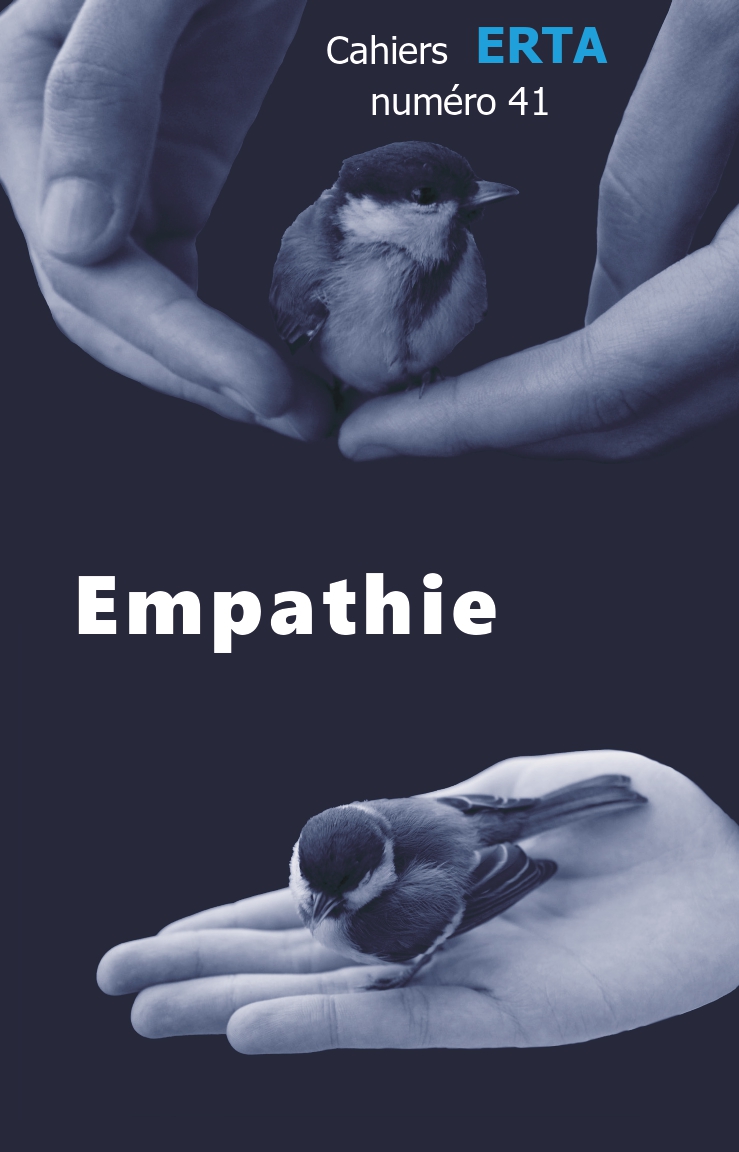Les relectures empathiques (im)possibles d’Un alligator nommé Rosa de Marie-Célie Agnant
DOI :
https://doi.org/10.26881/erta.2025.41.05Mots-clés :
Marie - Célie Agnant, Haïti, Histoire, vengeance, empathieRésumé
The aim of the present paper is to answer the question whether it is possible to reread the book Un alligator nommé Rosa (2007) by Marie-Célie Agnant, a Quebec writer of Haitian origins, through the lenses of empathy and of what A. Gefen (2017) names the “empathetic participation” of the reader. The book tells the story of two victims of Rosa Bosquet (based on the real person), the cruel right-hand woman of former Haitian president F. Duvallier, who decide to punish Rosa, now old, paralyzed, mute, and entirely defenseless. The paper is divided into three parts, analyzing the three main protagonists and their possible empathetic reception by the reader. It turns out that the narrative strategies used by Agnant and the changes of role between executioner and victim, provoke that the empathy is frequently blocked. It does not mean however that the empathetic rereading of the book is vain: it makes the reader reflect on the nature of Good and Evil and encourages them to “repair the world”.
Téléchargements
Références
Agnant M.-C., Un alligator nommé Rosa, Montréal, Les Éditions du remue-ménage, 2007.
Boucher C., Spear T. C., « Introduction. Une voix contre les silences », [dans :] C. Boucher, T. C. Spear (dir.), Paroles et silences chez MarieCélie Agnant. L’oublieuse mémoire d’Haïti, Paris, Karthala, 2013.
Brière E. A., « Ventriloquie et esclavage : du mutisme à la violence chez Marie-Célie Agnant et Fabienne Kanor », [dans :] F. Chevillot, C. Trout Hall (dir.), Rebelles et criminelles chez les écrivaines d’expression française, Leiden, Brill, 2013.
Des Rosiers J., Théories Caraïbes. Poétique du déracinement, Montréal, Triptyque, 1996.
Dufault, R., « La Poursuite de la justice dans Un alligator nommé Rosa », [dans :] C. Boucher, T. C. Spear (dir.), Paroles et silences chez Marie-Célie Agnant. L’oublieuse mémoire d’Haïti, Paris, Karthala, 2013.
Gefen A., Réparer le monde. La littérature française face au XXIe siècle, Paris, Corti, 2017.
Gilbert M., « Haïti-Mémoire : Non à la réhabilitation des criminels », [dans :] Alterpresse, 29 août 2010, https://haiti3d. wordpress.com/2010/08/31/actualites-25/.
Grépat N. M., « Marie-Célie Agnant : Haïti et l’image de la mauvaise mère », [dans :] S. Brodziak, Haïti. Enjeux d’écriture, Saint-Denis, PUV, 2013.
Jorland G., « L’empathie, histoire d’un concept », [dans :] A. Berthoz, G. Jorland (dir.), L’Empathie, Paris, Odile Jacob, 2004.
Larrier R., « Femmes au temps des carnassiers », [dans :] Journal of Haitian Studies, 2018, no 2 (24).
Lavocat F., « Identification et empathie : le personnage entre fait et fiction », [dans :] A. Gefen, B. Vouilloux (dir.), Empathie et esthétique, Paris, Hermann, 2013.
Origgi G., « L’empathie est-elle une compétence sociale ? », [dans :] A. Gefen, B. Vouilloux (dir.), Empathie et esthétique, Paris, Hermann, 2013.
Parisot Y., Regards littéraires haïtiens. Cristallisations de la fictionmonde, Paris, Classiques Garnier, 2018.
Ricœur P., La Mémoire, l’histoire, l’oubli, Paris, Éditions du Seuil, 2000.
Sadkowski P., « Des fantômes de Duvalier à Montréal. La (post) mémoire empêchée dans L’Écho de leurs voix de Jan J. Dominique », [dans :] M. Obszyński, S. Sawicka (dir.) Déchiffrer l’Amérique. Mélanges offerts à Józef Kwaterko, Warszawa, WUW, 2020.
Tima W., « Meet Madame Max Adolphe : The Right Hand Woman of Duvalier During His Presidency », [dans :] L’Union Suite, 5 février 2013, https://web.archive.org/web/20210127195653/https://www.lunion suite.com/meet-madame-max-adolphe-the-right-hand-woman-ofduvalier-during-his-presidency/.
Vassilev K., Le Récit de vengeance au XIXe siècle : Mérimée, Dumas, Balzac, Barbey d’Aurevilly, Toulouse, PUM, 2008.
Vouilloux B., Gefen A., « Introduction », [dans :] A. Gefen, B. Vouilloux (dir.), Empathie et esthétique, Paris, Hermann, 2013.

 Revues scientifiques académiques
Revues scientifiques académiques





